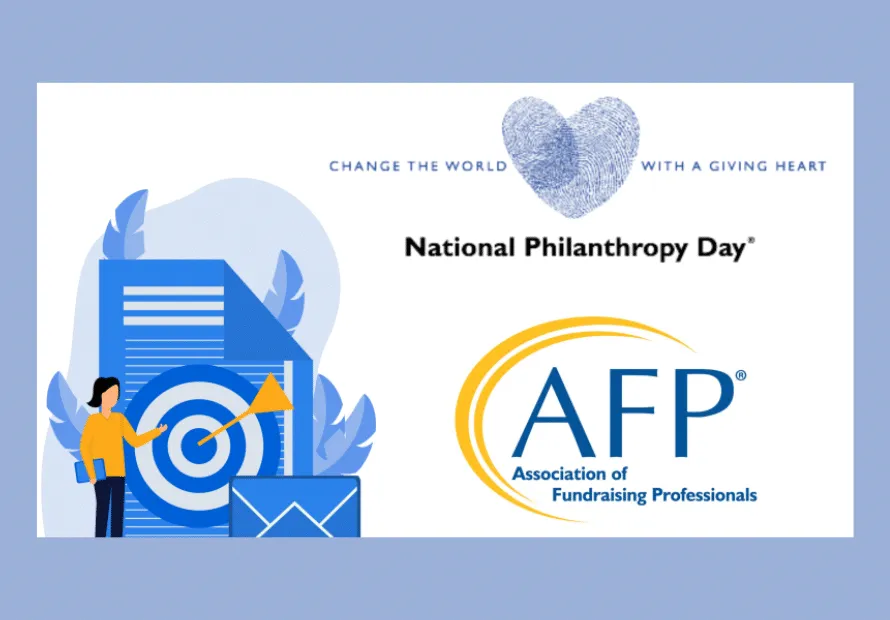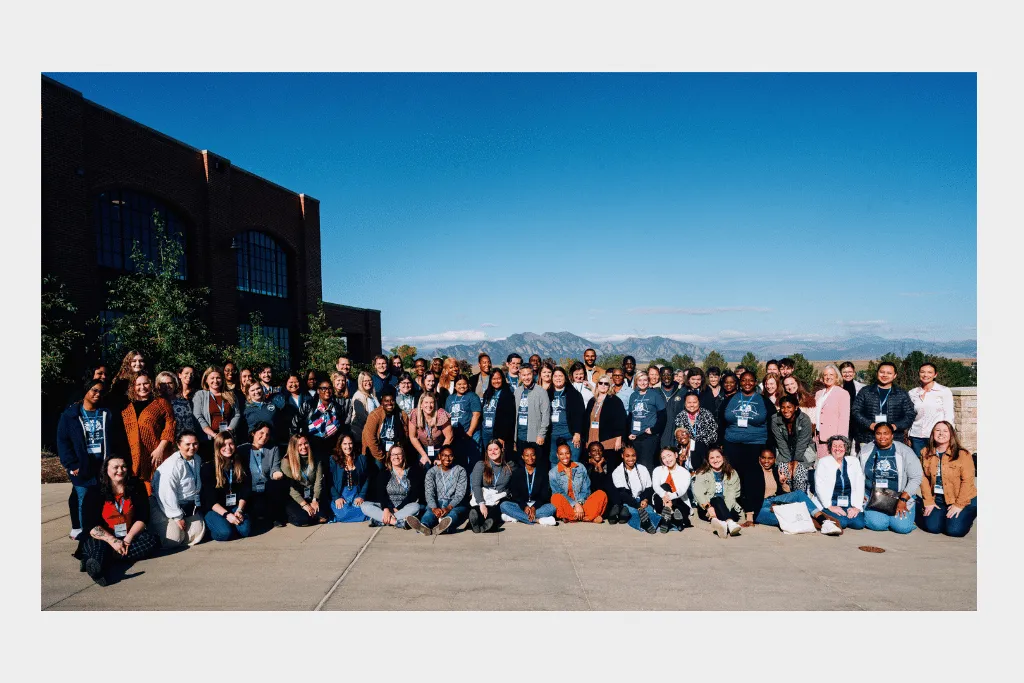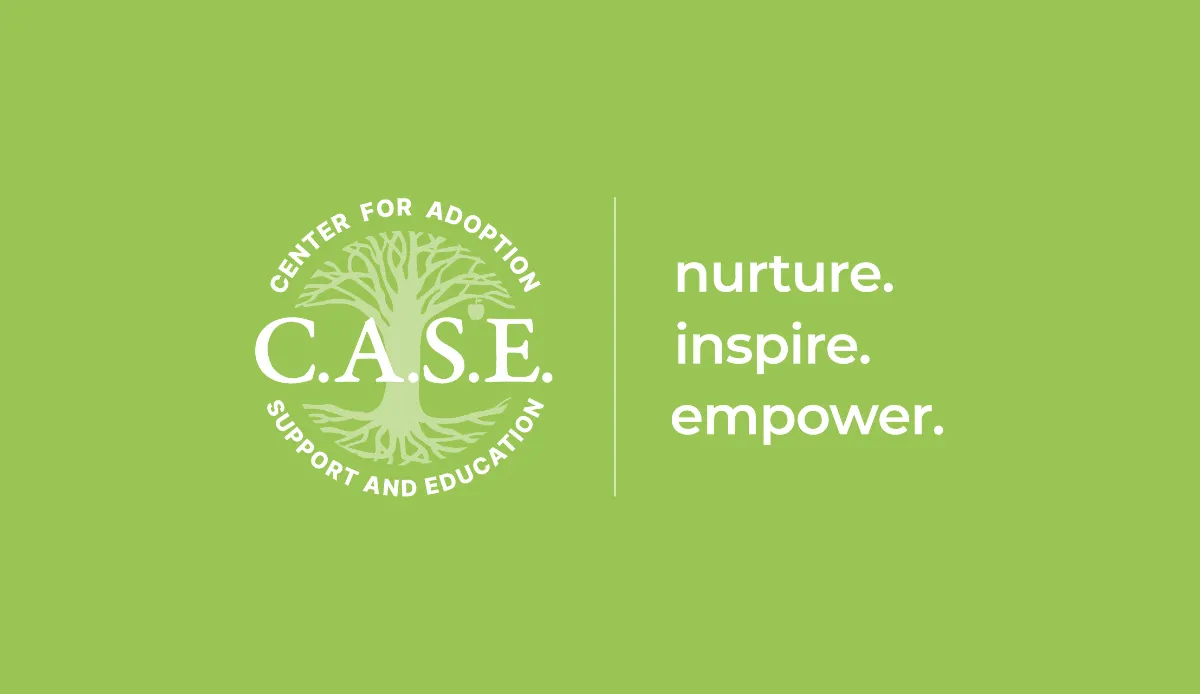Senate Caucus on Foster Youth Briefing: Transitions to Adulthood
Senate Caucus on Foster Youth Briefing: Transitions to Adulthood
The Senate Caucus on Foster Youth recently hosted a policy briefing focused on the transition to adulthood for older youth in foster care. The discussion examined the effectiveness, reach, and challenges of the John H. Chafee Foster Care Program for Successful Transition to Adulthood (“Chafee funds”) and highlighted state-level strategies to better support youth as they transition out of care.
Key Discussion Highlights
How States Use Chafee Funds
Speakers shared how Chafee funds are being used nationwide to provide independent living programs, education and training vouchers (ETVs), extended foster care, housing assistance, and financial literacy programs. Several states have also invested in youth-led advisory boards to shape how funds are allocated.
Maryland’s Experience
Maryland has leveraged Chafee resources to serve youth ages 18–23 with services such as financial literacy training, housing assistance, and case management. However, the state continues to face challenges including limited outreach to rural youth and insufficient funding for mental health supports.
Federal Oversight and Program Improvement
Patrick Landers of the Congressional Research Service emphasized the importance of clear federal guidance, consistent performance benchmarks, and increased investment in program evaluation to strengthen long-term outcomes.
Elevating Youth Voice
Panelists stressed that youth participation in program planning and decision-making is critical for ensuring services meet real needs. Several states reported promising results from engaging youth in advisory roles.
What’s Next
For Maryland, the insights shared during the briefing could inform future policy recommendations in areas such as education support, extended care, mental health support, and targeted outreach to underserved populations.
C.A.S.E. will continue to monitor developments in Chafee funding and advocate for policies that ensure youth transitioning from foster care have the resources, skills, and support to thrive in adulthood.









